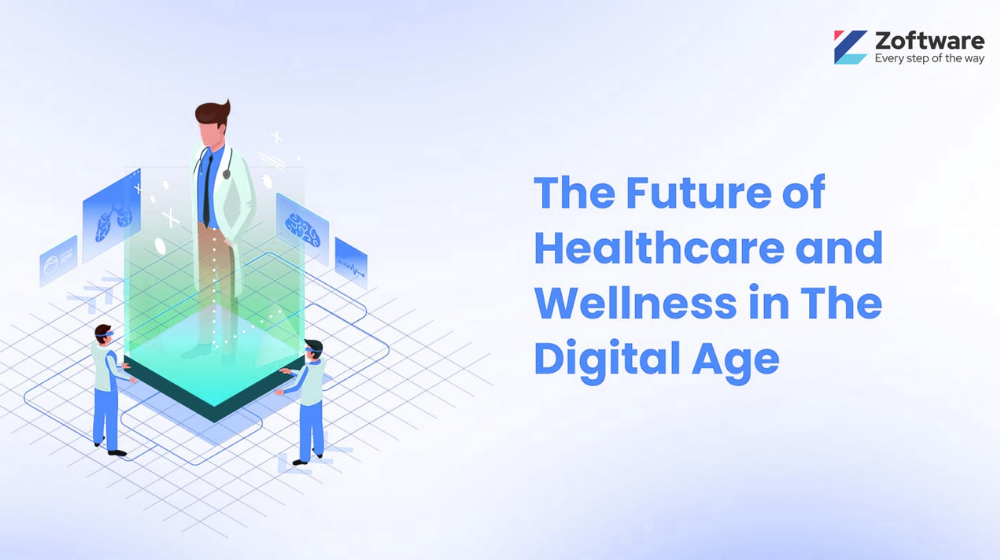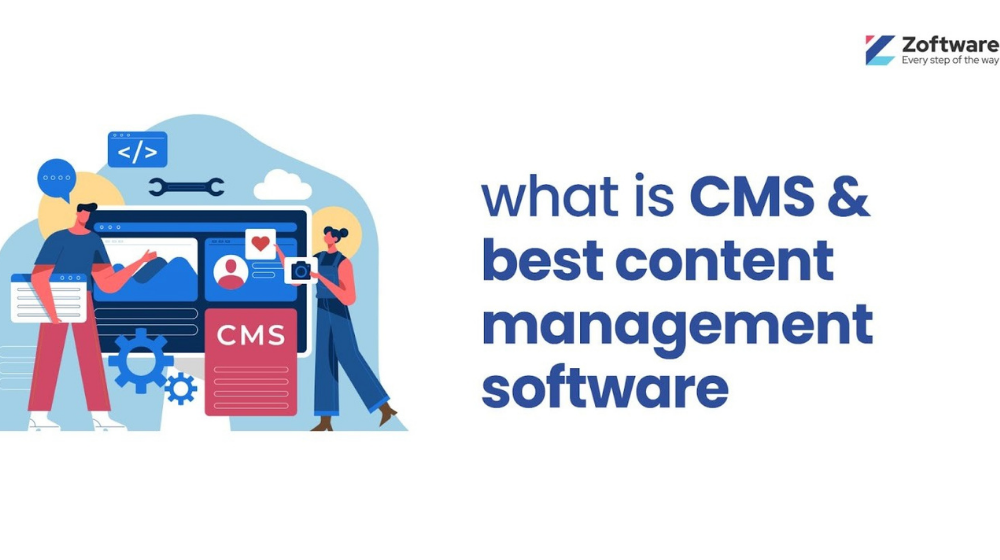Healthcare encompasses many services and practices to maintain or improve people’s health. It includes preventing, diagnosing, treating, and managing illnesses, injuries, and other physical and mental impairments. Healthcare and wellness providers, such as doctors, nurses, and therapists, offer these services in various settings, including hospitals, clinics, and private practices. The goal is to achieve optimal health outcomes for individuals and communities through professional medical care. Understanding Healthcare and Wellness Healthcare is the organized provision of medical care to individuals or a community. Its primary goal is maintaining or improving health, preventing illness, and treating the sick or injured. Healthcare and Wellness: Definition and Importance Healthcare encompasses a range of services to promote health, prevent disease, diagnose and treat illness, and preserve mental and physical well-being. Healthcare Systems Globally Various healthcare systems worldwide are characterized by their own policies, regulations, and funding mechanisms. Types of Healthcare and Wellness Services Healthcare services can be broadly classified into the following categories: By understanding these vital aspects of healthcare, individuals can navigate the sometimes complex world of medical services and make informed decisions about their care. Dimensions of Wellness Wellness comprises several dimensions, each significant to an individual’s holistic well-being: The Role of Wellness in Society Wellness plays a pivotal role in society by: The Interconnection of Healthcare and Wellness Healthcare and wellness are deeply intertwined, each contributing to an individual’s health and well-being. Effective healthcare often incorporates wellness strategies, while wellness approaches can inform and enhance healthcare practices. Preventive Healthcare Preventive healthcare involves preventing diseases rather than treating them after they occur. This includes: Such preventive measures are designed to maintain wellness and reduce the need for medical interventions. Holistic Healthcare and Wellness Approaches Holistic health approaches consider the entire person rather than focusing on isolated symptoms or illnesses. Key components include: These approaches promote wellness by addressing various aspects of a person’s lifestyle and environment, which can prevent the onset of illness and enhance healthcare outcomes. Healthcare and Wellness Providers Healthcare providers are essential to the healthcare system and are responsible for delivering services to maintain or improve health. Primary Care Physicians Primary Care Physicians (PCPs) are the first point of contact for individuals seeking medical attention. They provide general healthcare services that span essential diagnosis, preventive care, and treatment of common illnesses. Healthcare and Wellness Providers Manage: Specialists and Allied Healthcare and Wellness Professionals While PCPs offer broad healthcare and wellness services, specialists focus on specific fields of medicine, such as cardiology or dermatology, providing targeted care. Allied Health Professionals offers various health services contributing to diagnosis, recovery, and quality of life. Examples include: Technological Advances in Healthcare Technological innovation is critical in the evolution of healthcare delivery and management. These advancements are transforming patient care, efficiency, and outcomes. Telemedicine Telemedicine leverages digital information and communication technologies to provide and support healthcare when distance separates participants. It enables remote diagnosis, treatment, and monitoring of patients and includes services such as video consultations with healthcare providers. The COVID-19 pandemic significantly accelerated its adoption, showcasing its potency in maintaining continuous patient care while minimizing physical contact. Electronic Health Records Electronic Health Records (EHRs) are digital versions of patients’ paper charts. EHRs are real-time, patient-centered records that make information available instantly and securely to authorized users. They contain a patient’s medical history, diagnoses, medications, treatment plans, immunization dates, allergies, radiology images, and laboratory and test results. Medical Wearables Medical wearables are electronic devices that consumers can wear, like Fitbits and smartwatches, which collect data on personal health and exercise. These devices have advanced sensors to monitor health metrics such as heart rate, blood pressure, and oxygen levels. Their increasing accuracy and sophistication allow for early detection of potential health issues and a more personalized approach to healthcare. Challenges in the Healthcare and Wellness Sector The healthcare and wellness sector faces numerous challenges that impact service delivery and patient outcomes. These include accessibility, affordability, and the complex landscape of ethical and legal obligations. Accessibility and Affordability Accessibility often refers to the ease with which individuals can obtain healthcare and wellness services. A significant challenge is that healthcare is not equally accessible in different regions. Affordability, on the other hand, pertains to individuals’ ability to pay for healthcare services. Despite insurance coverage, medical procedures, prescription drugs, and health plans can be expensive for many. Out-of-pocket expenses can lead to a financial strain, with the worst-case scenario being that individuals forgo necessary treatments due to cost. Ethical and Legal Considerations Healthcare providers often grapple with ethical challenges. These may involve decisions regarding patient autonomy, end-of-life care, and prioritization of limited resources. From maintaining patient confidentiality under HIPAA to adhering to evolving healthcare policies, the legal aspects of healthcare are complex and have far-reaching implications for both patients and providers. Trends in Wellness In the realm of wellness, personalized health and wellness tourism have emerged as key trends that cater to individual needs and a growing desire for holistic well-being experiences. Personalized Health Personalized health transforms the healthcare and wellness industry by leveraging data-driven approaches to tailor health and fitness plans. Genetic testing and AI-driven applications aid in creating highly individualized nutrition and exercise regimens, making wellness more efficient and effective. Wellness Tourism Tourism is rising, with travelers seeking destinations offering rejuvenating experiences for both the body and mind. This trend signifies a shift towards intentional travel that prioritizes health and well-being. Policy and Regulation In the context of healthcare and wellness, policy and regulation encompass the laws and standards that govern practices, safety, and the delivery of services. Healthcare Laws Healthcare laws are a critical framework designed to protect patients’ rights and ensure the delivery of safe, high-quality healthcare services. Healthcare Laws: International Health Regulations International Health Regulations (IHR) are global rules set by the World Health Organization to manage public health risks and contain the international spread of disease. These regulations are legally binding for 194 member countries. Cover aspects: Countries are expected to develop and strengthen their public health capabilities following IHR requirements, including
Content Management System: Top Five Softwares for Your Business in 2025
How do you manage your lead-generating content for your business? Yes, CMS will be your answer for this problem, but is finding a suitable CMS that easy? CMS manages online content, but that doesn’t mean every type of business can use the same kind of CMS. Different types of companies, freelancers, and individuals need different requirements to be fulfilled by Content management systems. Some might prefer a smaller audience, and some seek simplicity. So, it is essential to understand how to choose the right Content management software for your business. Before we jump into the blog, let’s explore some key facts to understand the importance of CMS with factual evidence. key statistics; two pie chart representing percentage of websites affected by improper CMS Key Insights: You would have understood how CMS has impacted the online marketplace and why it’s essential. Its importance cannot be overstated, especially as businesses and individuals strive to maintain a dynamic and engaging online presence. A CMS simplifies creating, editing, and web content publishing, making it accessible to users of all technical skill levels. In this blog, we will learn about CMS and why it is essential in detail, as well as the five best content management software. Let’s get started. Content Management System A content management system (CMS) is a software platform that helps users create, manage, and modify website content without specialized technical knowledge. Think of it as the backbone of your website, where you can easily add, delete, and edit text, images, and other media effortlessly. It’s like having a digital assistant that handles all the complex web development stuff, so you don’t have to. Here are five reasons why a CMS is important: 5 Best Content Management Software This content management software represents a versatile web content publishing platform. It enhances the web, ranging from personal blogs to complex business websites. WordPress is an open-source platform that offers different customization options through themes and plugins. These cater to users with different technical skills. This platform is known for its easy utilization, strong community support, and flexibility, which makes it a better choice for businesses aiming to develop and expand their digital presence. WordPress’s SEO-friendly structure and extensive ecosystem allow for integrating different functionalities, solidifying its position as a foundational tool for web development and content management. It is a sophisticated content management system developed for people seeking simple and elegant website designs. Squarespace is an all-in-one platform that provides stunning, design-forward, and automatically responsive templates. It ensures that the website looks great on all devices. This CMS is favored by creatives and small businesses for its user-friendly interface and comprehensive built-in tools. It includes e-commerce capabilities, SEO tools, and social media integration. Squarespace is suitable for those who prioritize visual appeal and require a hassle-free setup to launch a professional-looking website quickly. It provides a powerful and integrated content management system developed for marketers and businesses focused on inbound marketing strategies. Hubspot ideally provides tools that increase lead generation, customer engagement, and personalized user experience. As Hubspot’s CRM is deeply integrated with marketing automation tools, it allows users to get tailored content and offers based on visitor interactions. The CMS Hub is ideal for businesses looking to streamline their marketing efforts, offering easy-to-use content creation tools and secure hosting. And advanced analytics to measure the effectiveness of their content strategy. It is a cloud-based content management system known for its easy operation and wide range of design options. It provides a drag-and-drop interface that helps users create custom websites without the need for coding knowledge and web development. Wix has an exciting opportunity for small businesses, freelancers, and individuals to quickly set up an influencing online presence with its different options for templates, apps, and features like e-commerce, social media integration, and SEO tools. This platform caters to the board audience. It enables creating diverse, visually appealing websites tailored to specific needs and industries. One of the leading e-commerce platforms that functions as a content management system specifically designed for online stores and retail businesses. It simplifies complex processes or e-commerce operations like setting up and managing an online shop, offering a range of customizable templates, payment processing, and many more. The core strength of this platform is its user-friendly interface, comprehensive e-commerce tools, and robust support system. These make Shopify a go-to solution for businesses looking to sell online. Its e-commerce efficiency and scalability focus help merchants optimize their online stores for sales and growth. How to Select the Right CMS Zoftware: AI-Powered Software Discovery Program Zoftware, a leading software discovery platform based in the Middle East, offers an ideal solution for businesses searching for suitable software. They streamline the selection process, enabling companies to outline their needs, evaluate different software choices, and make well-informed decisions informed by authentic user reviews. Conclusion In conclusion, content management software is at the heart of effective digital content strategy. It simplifies content management processes and empowers teams to produce, manage, and optimise content more effectively by providing tools for collaboration, SEO, scalability, and security. To find the right content management software, you have Zoftware to help with their experts. Well, why wait? Sign up and get the right software for business. Frequently Asked Questions Examples of the best content management software include WordPress, Wix, Shopify, etc.
A Guide for Beginners on Sustainable Living: Towards Green Future
Imagine telling your grandchildren how beautiful and filled with flora and fauna Earth is, and then they find nothing left on Earth that can be called beauty or life. Here is what we are talking about sustainability. To achieve it, we need to start sustainable Living or say a sustainable lifestyle. What is Sustainable Living? Here is the core idea. We use resources without using them, and in simple words, we use resources while reducing waste, conserving energy, and respecting the environment. It’s not about living like cavemen or sacrificing everything you love. It’s about making intelligent choices in our daily lives that help the planet and often ourselves, too! Also, sustainable Living is a trend these days. But some myths need to be broken so that people understand the essence of a sustainable Lifestyle. Core principles of sustainability There are three core principles of sustainability, often known as three pillars: Environment, Economy, and social equity. Let’s discuss this in more detail: Benefits of Sustainable Living Tips for beginners to start a sustainable living For beginners, Sustainable Living can be overwhelming. So here are some tips to begin with sustainable practices. Challenges Faced During Sustainable Living While adopting a sustainable lifestyle has benefits, it also comes with some challenges. Conclusion Sustainable Living is becoming an essential aspect of our daily lives, and Zoftware is here to help you quickly find software solutions that support a sustainable lifestyle. Zoftware offers a user-friendly platform that simplifies identifying and utilizing various software tools and applications that encourage sustainable practices. Whether you aim to reduce your carbon footprint, implement energy-saving techniques, or engage in more sustainability-focused activities, Zoftware provides access to a range of software options designed to assist in achieving your sustainable living objectives. Sign up now at Zoftware to discover the ideal software solution for your sustainable lifestyle. Frequently Asked Questions


